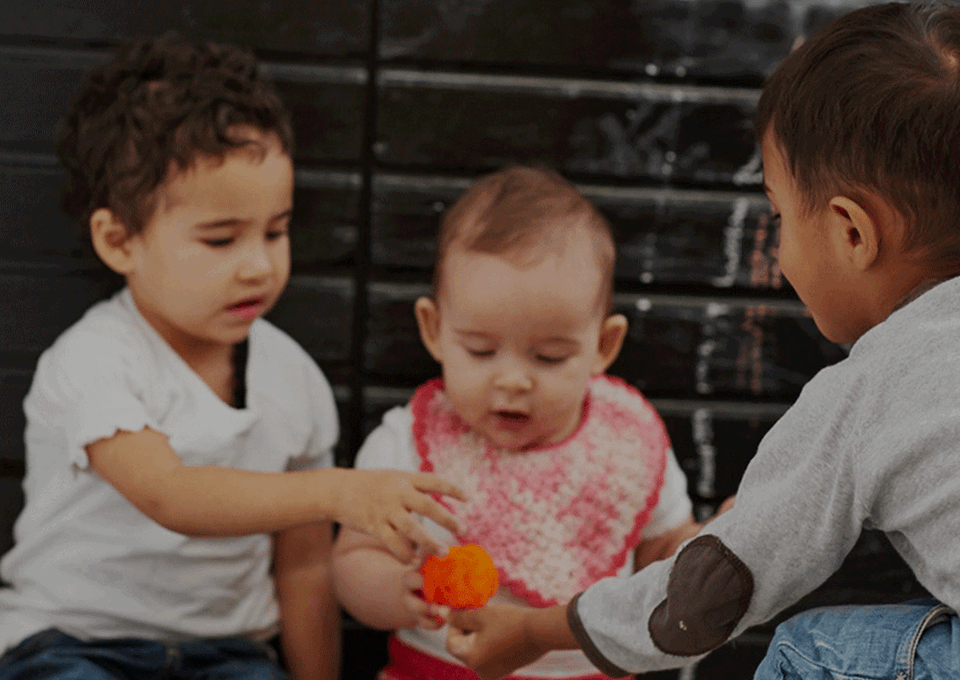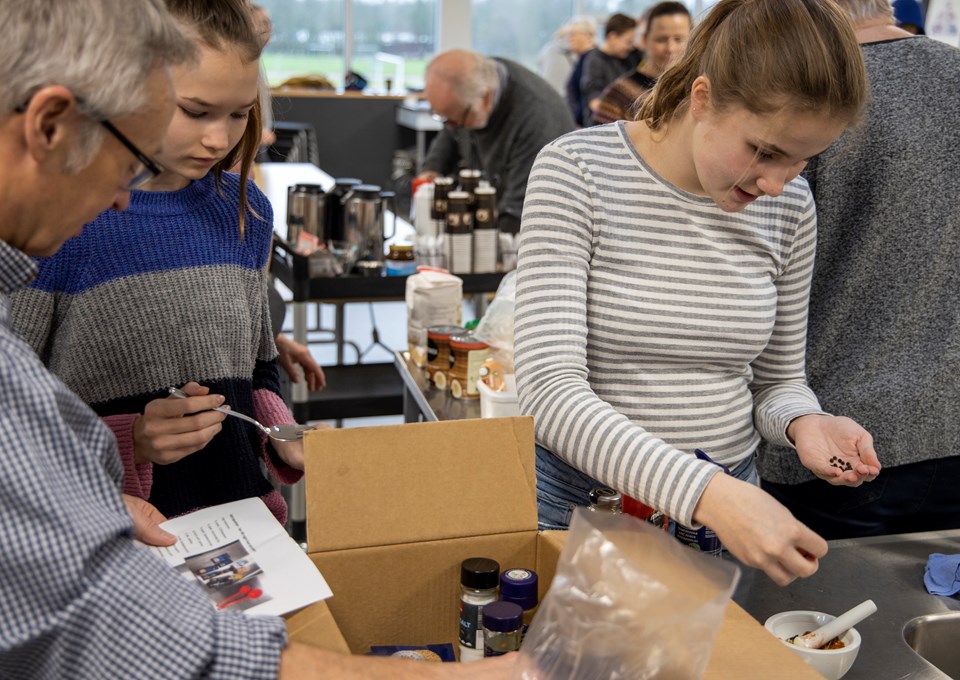
By the LEGO Foundation
The LEGO Foundation, a corporate foundation headquartered in Billund, explains learning through play and why learning through play is important:
The world today is complex and uncertain, and the demands for navigating it successfully are rapidly becoming more intricate and at the same time essential. There is an urgent need for us to empower our children to succeed in such a world – and learning through play is one of the most meaningful ways of doing so.
Scientific research shows that play is fundamental to children’s positive development and for their ability to develop the skills they will need in the future.
Unfortunately, play is at risk! Increasing schoolification is weeding out play in the early years and in schools there is increased focus on knowledge retention and prepping for standardised testing from a very young age. In the homes parents and caregivers may not fully grasp the importance of play. This is a grave situation.

In the future, it will become less important for children to retain large quantities of knowledge obtained through rote learning. Instead they will need skills like creativity, collaboration and critical thinking to a far larger extent than before in combination with more traditional skills like reading, writing and maths. Yet we continue to push our children into education systems developed for our grandparents. Systems characterised by teaching tailored to pass standardised tests that at best tell us nothing about our children’s true potential and at worst hinder them from reaching it.
We need to reverse this, and we can do so by convincing parents, decision makers and politicians that learning through play empowers children to become the creative, engaged, lifelong learners they need to be to succeed in life. We see an emerging awareness of the changed nature of the skills children need. But practice lags severely behind as we continue to educate children for a world that has been and not for the world as it is today and will be tomorrow.

How can you tell if a child is playfully learning and picking up essential skills? Our research says you’ll know it when you see it. Discover the five characteristics of learning through play here.
Joyful
Joyful play sparks the brain’s reward centres, triggering a feel-good chemical called dopamine. We often experience this after struggling with a difficult task, when we finally figure out the answer!
Meaningful
Meaningful play links new concepts, like learning how to tell the time, with familiar experiences, like lunch time, bedtime, and play time.
Actively engaged
When a child is really immersed in an activity, they are more likely to learn deeply about the concepts involved.
Iterative
Practice makes…effective learning. When children keep adapting and improving games and activities, they’re firing up reward and memory networks.
Socially interactive
Playing with others is often more fun – and it builds healthy relationships.

We are at a cross roads where the rapid emergence of for example artificial intelligence (AI), machine learning, robotics as well as social unrest necessitate that we rethink what it is children need to learn – and how they need to learn it.
According to McKinsey Global Institute, 45% of the activities people are paid to perform in the US could already be automated using technologies available today. In manufacturing, food service, accommodations and retail, 78% of work tasks could be automated right now.
But it’s not just entry-level or low-wage workers who will be affected. Today, 50% of time spent in the finance and insurance industries is dedicated to collecting and processing data, 60% of which can already be automated.
McKinsey estimates that by 2030 up to 375 million people – or 14% of the global workforce - will need to reskill or upskill. For advanced and developed countries this number may be as high as one third of workers!
Data also suggest that young people today change jobs more frequently – 4 times before they’re 32. This demands greater flexibility and a wider range of skills.
As parents, teachers and decision makers we need to realise that we should nurture and develop the human skills that distinguish us from machines and computers rather than seek to emulate these. By bringing play far more pervasively into children’s lives, we can develop creativity, collaboration, communication and critical thinking that are key to children’s future success as individuals and as part of their communities.